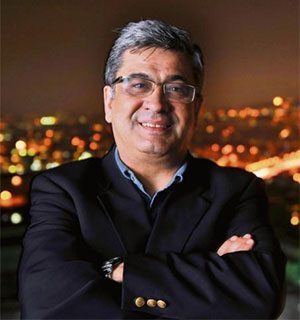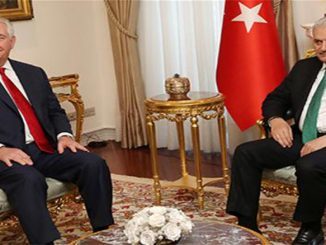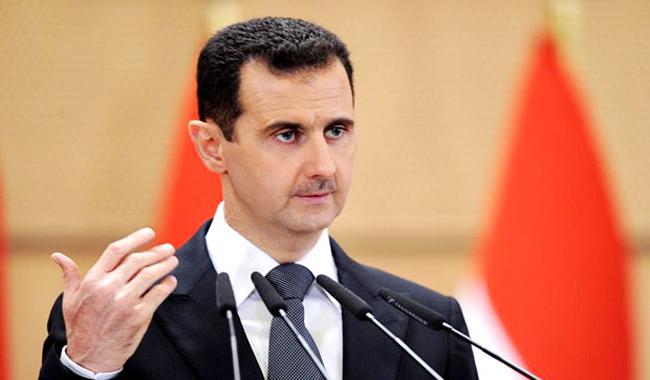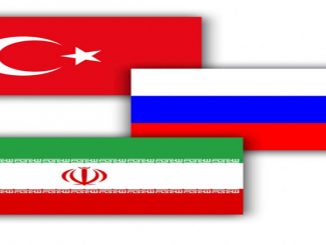
BY: CEMIL ERTEM*
The visiting presidents of various countries delivered keynote speeches during the congress. Nicolas Maduro, the president of Venezuela, which has the largest oil fields in the world, but is one of the poorest counties in the world, said, “We saw how [Turkish] people embraced democracy on July 15. Venezuela also experienced and is still experiencing such attacks, because there are greedy imperialist vampires that we have to struggle against.” While Maduro was making these remarks, the currencies of developing countries, including the Turkish lira, were losing value against the dollar. However, there was a hardly explainable demand for the dollar in Turkey at the same time. The appreciation of the dollar in this way will merely intensify the U.S.’s crisis, given that developing countries highlight trade without the dollar. Following Maduro, President Recep Tayyip Erdoğan and Russian President Vladimir Putin delivered speeches. All these speeches and mutual agreements signed after the congress tells us that a new world is being established in Europe, Turkey, the Middle East and Caucasus, starting with energy.We are learning by experience that the 2008 crisis that broke out in the U.S. is not only a financial and economic crisis, but also a crisis of hegemony for developed countries. The current EU has come to an end and the crisis will not end unless the eurozone introduces a new monetary system and new financial policies that can adapt to it. Moreover, the EU is not experiencing a debt crisis alone, but also a failure to manage the crisis through politics – which clearly means a systemic crisis.
A similar situation goes for the U.K. and U.S. The U.K. cannot foresee what will be the consequences of Brexit for itself, the EU and the global economy, however, it does not confess this. On the other hand, Turkey and many other developing countries now know what they can do in the face of the global crisis. They question economic policies that lead to the crisis and highlight new foreign policies that observe their national interests and go beyond the West’s impositions. Today, we know that the crisis of developed countries will not be exported to developing ones as a concept of global economic crisis alone, but also as a total global war. Therefore, no one buys the West’s old impositions and fait accompli.
Now, let us revisit the IMF and World Bank Group meetings that were held in Washington from Oct. 8 to Oct. 9. Unlike the energy summit in Istanbul, these meetings lacked the awareness, determination and the concomitant state of knowing what to do. Let us take a look at the following results of the meetings.
1. Recovery in the global economy is behind the desired level and growth still remains slow in the ninth year of the crisis.
2. The growth rate of national income and trade volume in the world is lower than the pre-crisis period. The output gap, which means the difference between the world’s production potential and total global production, is increasingly growing. The concomitant inequality in income and wealth distribution, as well as general unemployment and youth employment, is rising on unsustainable levels.
3. Growth performance greatly differs by countries. The U.S.’s recovery is not satisfactory; the EU and Japan are experiencing economic recession, and growth in developing countries is also slowing down.
4. The problem of the output gap in developed countries gradually spread to countries like China, which shoulders global growth, and like the U.S., finances the developed world. As a result, growth in these countries are falling at an alarming rate.
5. As such, it is obvious that it will be hard to overcome the current crisis through the existing monetary and financial policies. The negative interest rate policy (NIRP) failed to bring the expected economic boom in developed countries. There is a need for new expansionary policies. Especially, high risks still prevail in the EU, which has a moribund banking sector.
6. The world is facing a problem with supply and insufficient demand. The existing monetary policies are far from bringing solutions to this far-reaching problem. In this case, new financial risks in the medium and long term and accompanying crises are inevitable.
7. Terms in international money and capital markets are becoming shorter and there are harsh fluctuations in capital flows. Low growth rates, trade volume and commodity prices intensify the crisis.
Here is what developed countries suggest in order to resolve these structural and basic systemic problems in a diffident way. “The components of economic policies must be diversified. In this context, expansionary financial policies, which can support both consumption and investment, and specially designed structural policies, which can boost the efficiency of these policies, must be introduced soon.”
All this is what I compiled from my readings and the notes taken by my friends who followed the Washington meetings. The idea of launching expansionary financial policies and specially designed structural policies separately for every country prevailed the annual meetings of the IMF and World Bank Group. This means those who have so far kept neoliberalism alive have begun digging its grave now. Therefore, the first step to overcome the crisis will be to help developing countries find their own path.
*Cemil Ertem is a Turkish columnist at Daily Sabah Turkish newspaper
(Published in Daily Sabah on Friday Oct.14, 2016)



